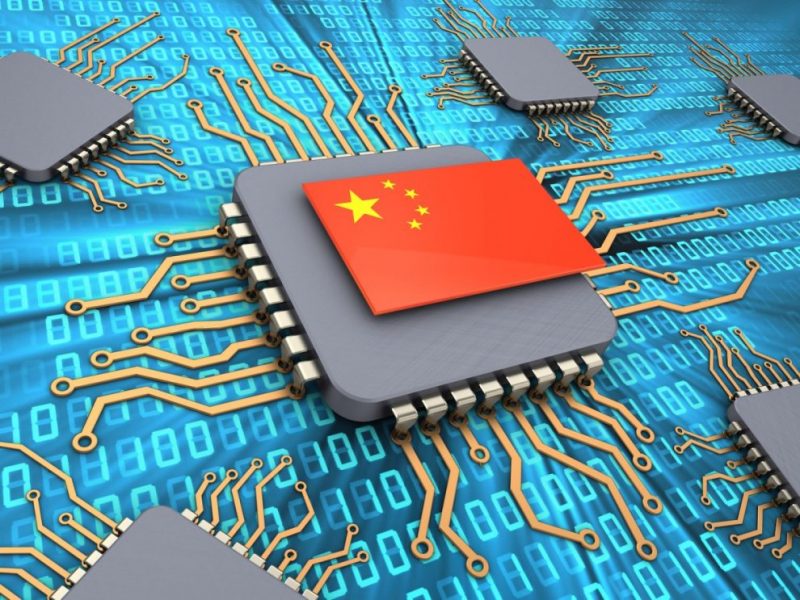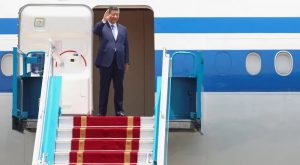Well-known tech companies were among more than a dozen Chinese firms named by the US Defence Department on Wednesday as working with Beijing’s military.
The latest additions to a list on the Defence Department website have been made as part of efforts to keep American technology from aiding the People’s Liberation Army.
They include memory chipmaker YMTC, artificial intelligence company Megvii, lidar maker Hesai Technology and tech company NetPosa.
ALSO SEE: Raimondo Says Chinese EVs Are a National Security Risk For US, EU
Amid strained ties between the world’s two biggest economies, the updated list is one of numerous actions Washington has taken in recent years to highlight and restrict Chinese companies that is says may strengthen Beijing’s military.
‘An abuse of state power’
A spokesperson for the Chinese embassy in Washington said China opposed the move and called it an abuse of state power, adding that it ran counter to the US’s “alleged commitment to market competition and international fair trade.”
Hesai Group said it does not sell products to any military in any country and it does not have ties with any military. The company said it was disappointed to be added to the list.
YMTC, and Megvii did not immediately respond to requests for comment.
While being placed on the list doesn’t involve immediate bans, it can be a blow to designated companies’ reputations and represents a stark warning to US entities and companies about the risks of conducting business with them. It could also add pressure on the Treasury Department to sanction the companies.
In addition, the 2024 National Defense Authorization Act added some teeth to the “Section 1260H” list, prohibiting the Defense Department under Section 805 of the law in coming years from contracting with any of the designated companies.
“The Defense Department’s updated 1260H list underscores China’s unwavering commitment to its military-civil fusion strategy,” said Craig Singleton, a senior fellow at the Foundation for Defense of Democracies.
“Being listed on 1260H poses major reputational risks to Chinese companies,” he added, noting that some Chinese firms have tried to be removed from the list.
Dam company among other firms named
Other firms added on Wednesday include China Three Gorges Corp, China Construction Technology Co and Yitu Network Technology, as well as publicly traded companies Chengdu JOUAV Automation Tech Co, Chengdu M&S Electronics Technology Co, Guizhou Aviation Technical Development Co, and ShenZhen Consys Science & Technology Co.
They join previously listed aviation company AVIC, BGI Genomics Co, China Mobile, energy company CNOOC and China Railway Construction Corp.
Separately on Wednesday, senior US officials, including FBI director Christopher Wray, warned that hackers linked to China’s government are preparing to cause “real-world harm” by targeting critical US infrastructure, such as water treatment plants, the electric grid, oil and natural gas pipelines, and transportation hubs.
- Reuters with additional are editing by Jim Pollard
ALSO SEE:
Another 13 Chinese Companies Added to US ‘Unverified List’
US Chip Curbs Force China’s YMTC to Look For More Funds – FT
Apple Defers Plan to Use China’s YMTC Chips – Nikkei
US to Reject ‘Untrustworthy’ New Huawei, ZTE Equipment
US Chip Ban Likely to Hit Most of China’s Tech Giants
























